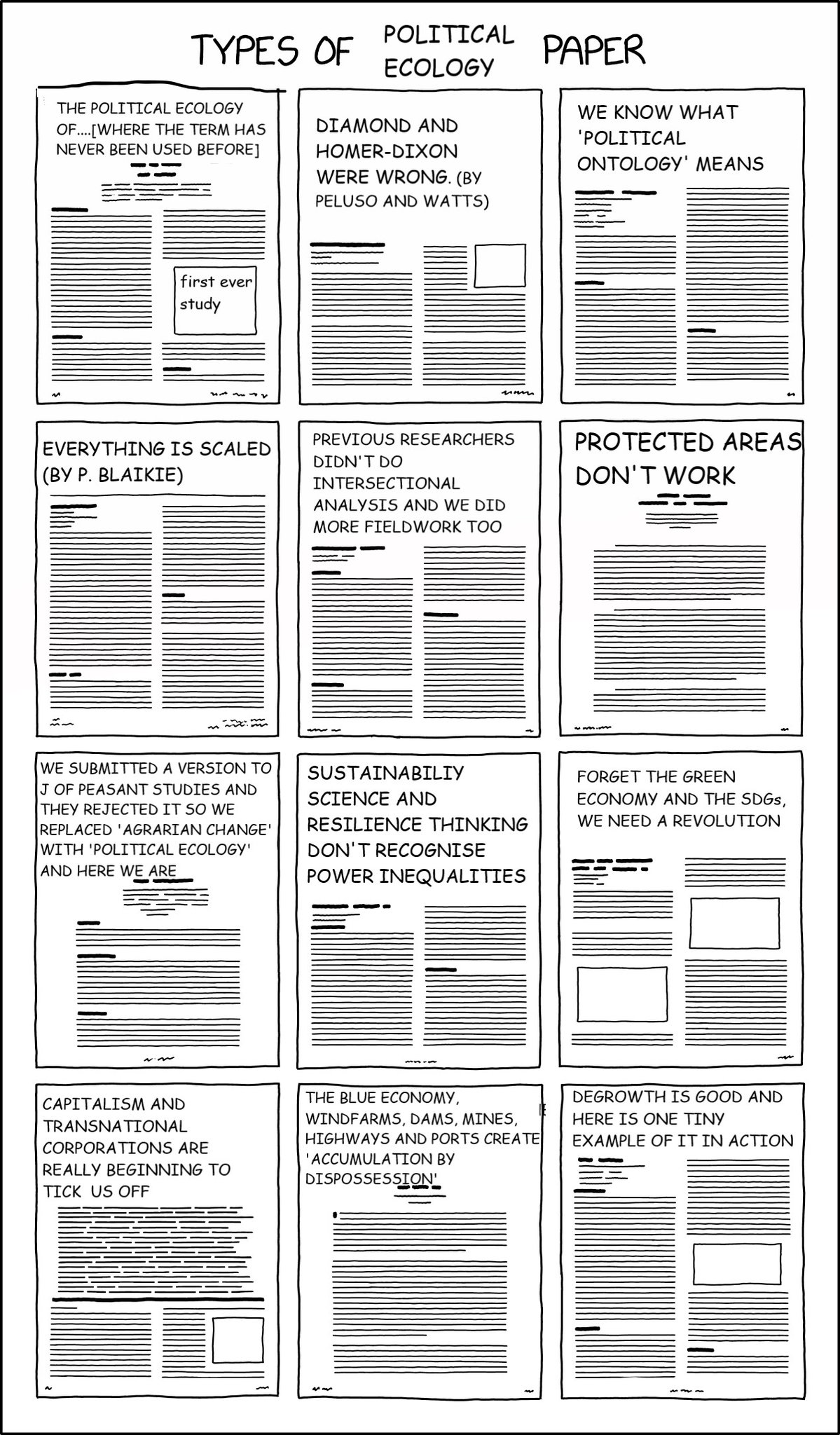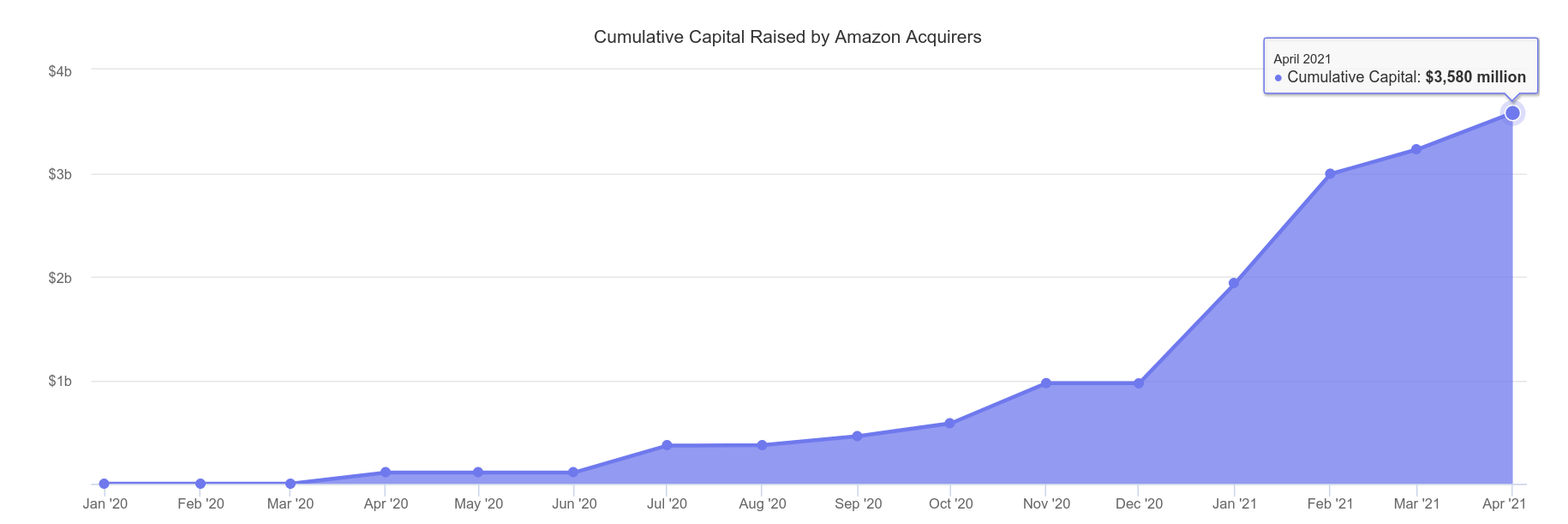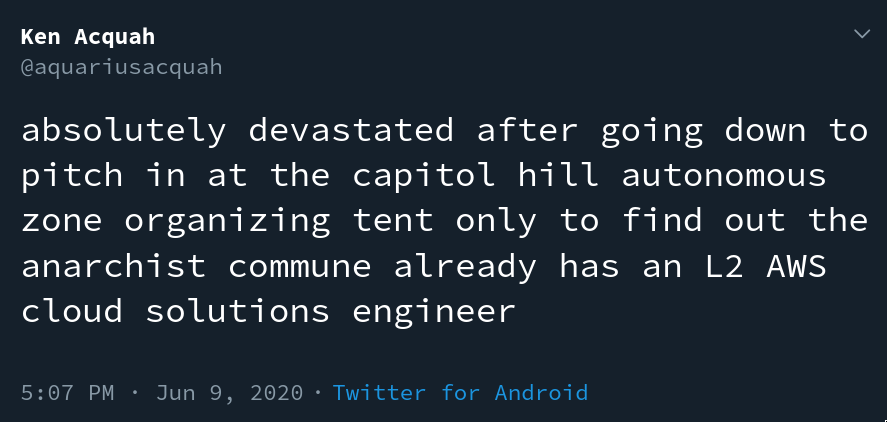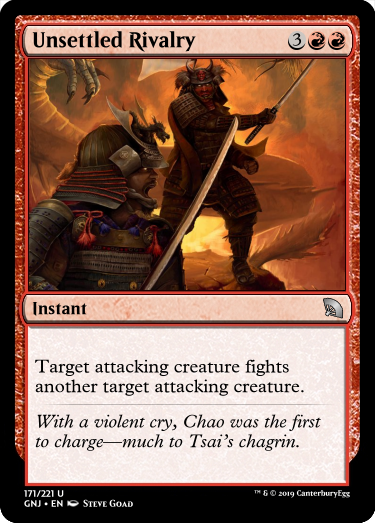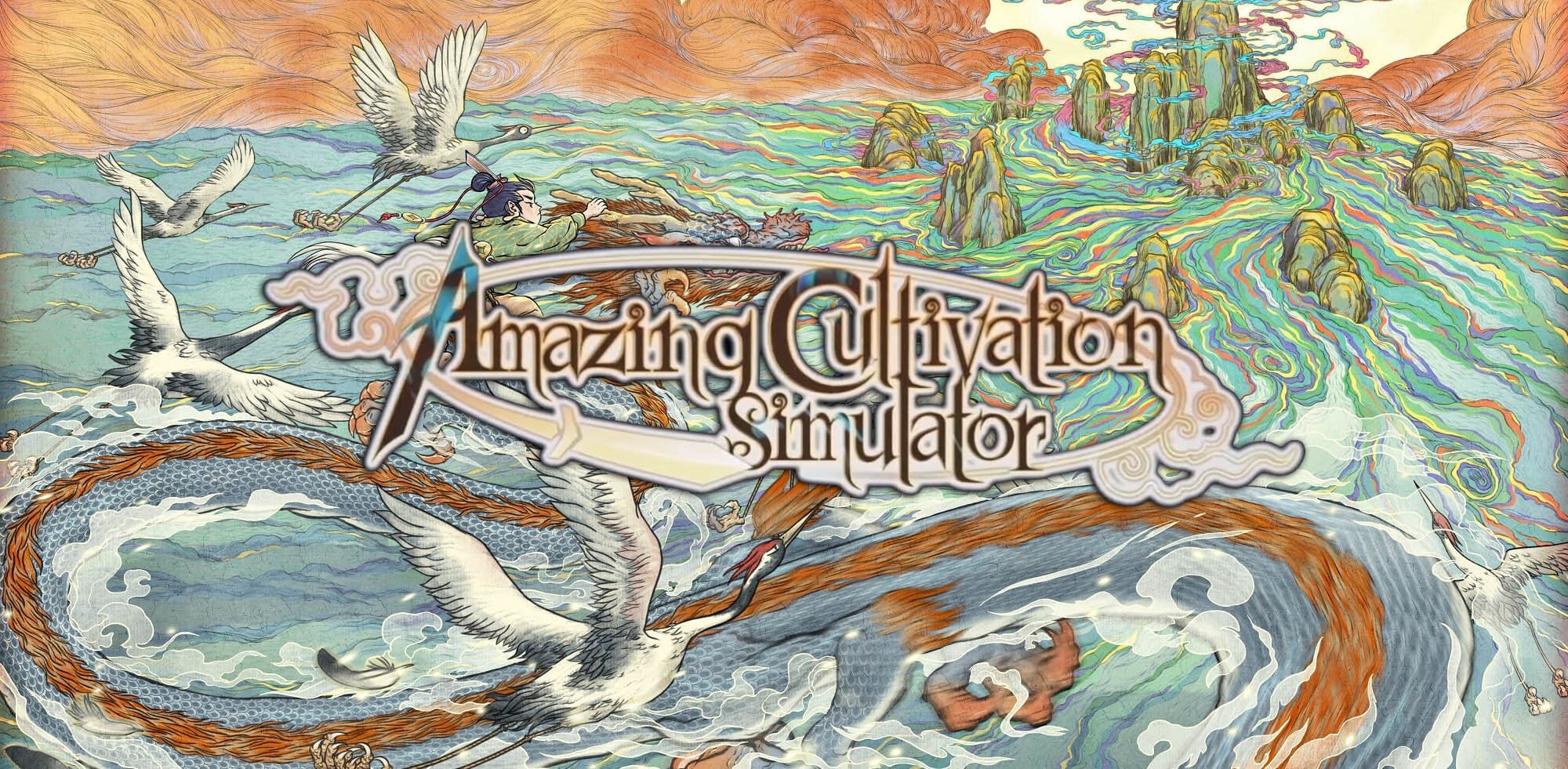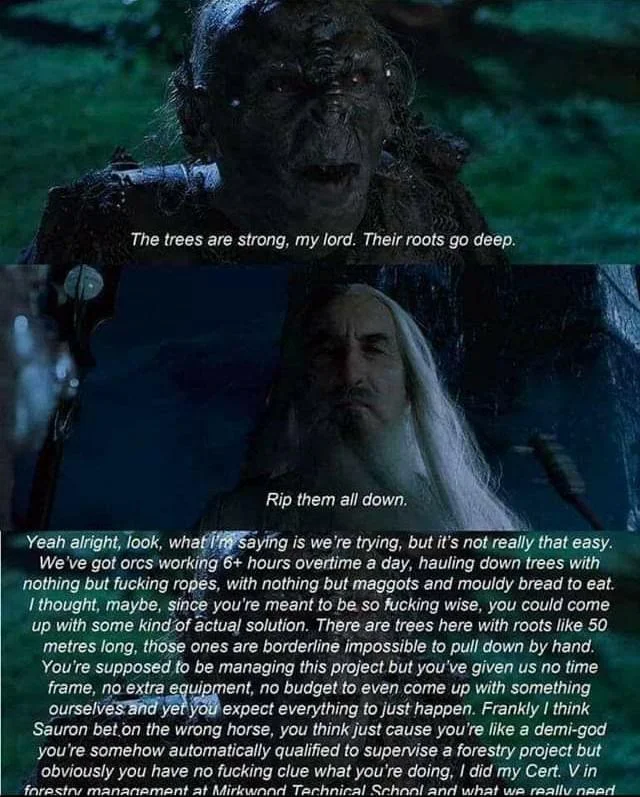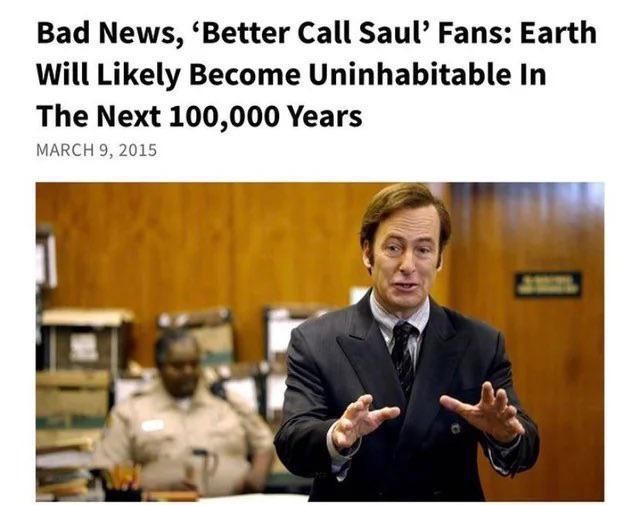Log: 5/7/2021
This week: Food and revolution, food and injustice, types of academic papers, and Chinese animated cinema.
The Belly of the Revolution: Agriculture, Energy, and the Future of Communism, Jasper Bernes
Another great essay by Jasper Bernes, partly continuing the line of thought in his essay on logistics with a turn towards questions around agriculture and, to pull on what feels like the main thread, food security (to use an NGO phrase…maybe more accurate to call it “food sovereignty”, but I think that means something slightly different than what’s discussed here). A lot of the essay reinforces what I learned and came to appreciate while researching fertilizer. Its core is the same general problem found everywhere: the means of individual and community survival/reproduction are disjoint spatially and in terms of control. Echoing the essay on logistics, Bernes notes that any revolution which is not totally simultaneous across the planet will–if can’t meet its own needs–have to continue engaging with remaining capitalist countries to a degree of some dependency, and thus remain vulnerable to blockades, embargoes, and the like. If food shortages become an issue, then people become increasingly desperate, making an already risky and frightening project even more so, shifting the calculus for some that they would (probably understandably) rather abandon the revolution for material security. To prevent this happening, the leadership or whatever analogue there is may resort to increasingly violent coercion to prevent that or to pressure food producers to work harder. Thus food independence or food “security” is a necessary condition for any such movement.
Food injustice has deep roots: let’s start with America’s apple pie, Raj Patel
A tour of the history of various foods and their relationship to colonialism, racism, and labor movements. It’s always startling to me how much of food is taken for granted as-is; I still remember how weird it felt to realize that chilis, for example, which feel so foundational to so many culinary traditions, were introduced relatively recently on those traditions’ histories. Or how much violence is part of the history of sweet things–which I can’t help but think of whenever I see the exorbitant amounts of sugar used on baking shows.
I don’t think I’ve ever seen a food show that really incorporates these histories. The closest I can think of is the podcast Gastropod (which is fantastic). But nothing like a food travel show or one of the many cooking/food shows on Netflix. I did want to pitch a show tentatively called “Planet Food” which would take this on, with episodes like:
- Bananas: about “banana republics”, the United Fruit Company (now Chiquita) and its US-backed war in Guatemala; bananas as a vulnerable monoculture and how synthetic banana flavor is actually from a now-extinct variety.
- Corn: a lot to cover here: its importance as a indigenous crop, now a massive crop for livestock and high fructose corn syrup, the latter which emerged out of constant gluts and need for new corn-based products, which then lets you go into the problem of agricultural overproduction more generally.
- Preservation/fermentation: as alternatives to refrigeration: brines/pickles, fish sauce, curing, smoking, etc.
- Fish: overfishing as a common problem studied in economics, fish farms and those conditions, “chilean sea bass” as a case of food “branding”, the amount of human trafficking in fishing, and the net as a key technology in fishing (I’m forgetting where I originally read this, but I believe it was nylon nets that were a major change in fishing net technology).
- Not sure what the title of this one would be, but about how dissociated fruits/vegetables/etc are from their plants, centering around an exercise where people have to draw the plant that a given fruit/vegetable/etc is from.
h/t Halah
“Types of Paper”
I’m enjoying the “types of paper” meme–industry/field-specific memes are a quick way to get a feel for that industry/fields concerns/values/culture and these are kind of an enhanced version of that. If I wanted to review an unfamiliar field’s research on a topic I would honestly probably want to start with the matching types-of-paper meme to quickly get situated.
New Gods: Nezha Reborn
I watched the new Nezha movie (I actually haven’t seen the first one yet) and I don’t know if I would call it a “good” movie but it did indulge a fantasy of this kind of movie existing when I was growing up. I really only knew about Nezha through Uproar in Heaven/大闹天宫 which I loved growing up. An aside: a few years back I wanted to watch it again and could only find this weird new edited version. The original one wasn’t digitized or something, but after digging I managed to find a fan restoration and now I keep a copy on all my backup drives (it’s also on YouTube). The intro music is still as great as I remember.
Not too long ago I also watched Jiang Ziya by the same studio with my parents. It wasn’t very good–the animation style is great, but we all found the movie too long and very confusing. Interestingly both the first Nezha film and this one are supposed to be anchors in a “Fengshen Cinematic Universe” (i.e. films based on Investiture of the Gods/封神演义). On the animation style: the past Chinese 3d animated films I’d seen all looks like their technology and technique lagged like 5-10 years behind Pixar, but these set of films all have carved out a compelling style that also look (to my untrained eye) technically impressive.
I wonder when/if Chinese cinema will start breaking into either US mainstream or subcultures. Korean cinema has been really high quality for a long time but only as of the past couple years started breaching wider US audiences. Hong Kong cinema has also been a staple of the more art-house film crowd but not much breakthrough to wider US audiences (best I can think of is Infernal Affairs which was “translated” into The Departed). To my knowledge Japanese cinema has also struggled to achieve a larger US audience, even with anime’s now mainstream appeal (if not mainstream, then much wider than when I was growing up). The difference I see with Chinese cinema is the amount of money Chinese studios can throw behind projects and the massive captive audience they have (only a few foreign movies are allowed to screen in China each year). To my knowledge this is why we’ve seen movies like that Jason Statham shark movie with Li Bingbing and I’ve definitely noticed the increase in Tencent and Alibaba logos at the front of many new movies. QQ was also the messenger of choice in one Marvel movie (see below, I can’t remember which one). I wonder if amid rising sinophobia this will become a target of conservative/nationalist backlash or not (something something propaganda).
